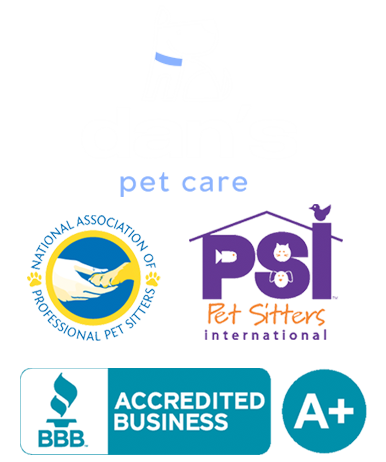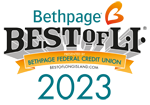At Dan’s Pet Care, we’ve met lots of Long Island and Brooklyn dogs who like to chow down on grass. Often, owners are unsure whether they should worry about this habit. Should they visit the vet or try to stop their dog? Or should they just chalk it up to normal dog behavior?
The good news is that most of the time, there’s nothing to worry about. Let’s take a look at a few reasons your dog could be munching on the lawn, and what you can do about it.
Your dog could be looking for mental stimulation
When dogs get bored, they often look around for something to chew on. It might be your furniture or a pair of shoes, or it might be grass. If your dog has been eating grass, look for other signs that they might be a little bored these days. You might notice your dog:
Trying to escape
Jumping on people
Digging holes
Begging for attention
Barking excessively
If your dog is bored, puzzle toys and chew toys can help provide some mental stimulation. However, nothing can replace interaction with humans and other dogs. Take your pet to the dog park for some socialization as often as you can. If you’re struggling to provide your dog with the companionship they need, the pros at Dan’s Pet Care can help!
Your dog could have stomach discomfort
Since eating a lot of grass can make dogs throw up, they sometimes turn to this behavior when their stomach is upset. Grass also provides fiber, so if your dog is feeling a bit constipated, it might provide some relief.
How else can you tell if your dog is experiencing digestive issues? 4 Common signs to look for include:
Acting tired or depressed
Eating or drinking less than normal
Licking unusual items
Stretching more often than normal
Tell your vet about these signs so that they can look for any clinical problems. Your dog may need to be dewormed, or they might need a change in diet or medication. Of course, any time your dog has vomiting or diarrhea, you should contact a New York vet right away.
Your dog might feel anxious
Just like people, dogs can develop compulsive or obsessive behaviors when they’re struggling with anxiety. Other signs your dog feels anxious might include:
Destroying things
Being aggressive or temperamental
Shaking
Constantly moving around and struggling to relax
Peeing or pooping in the house
Anxious dogs can often benefit from training or from medication. If you’re noticing signs of anxiety, early intervention is key. Otherwise, the problem can escalate over time.
Your dog might just like grass
Some dogs simply enjoy the taste of grass. Eating grass is considered a normal behavior if it’s not caused by any underlying problem, and it’s not causing any problems for your dog.
When should you be worried about your dog eating grass?
Talk to your vet about whether your dog’s grass-eating habit could be linked to any other concerns. Even if your dog has no other problems, eating grass could be harmful if the grass is contaminated. Two primary concerns include the risks of contracting parasites or diseases, and the risk of consuming harmful chemicals.
Parasites and diseases
Grass can be home to roundworms or hookworms from other dogs’ feces. It can also carry viruses from other dogs. If your dog is eating grass in your backyard that’s not accessible to other pets, this could be less of a concern. What’s the best way to protect your dog from serious health risks? Staying on flea, heartworm and tick prevention is key, even if your dog spends most of their time indoors. You should also keep your dog up to date on all recommended vaccinations–not just rabies shots.
Harmful chemicals
If your dog is eating your own grass, you can know for sure whether the lawn has been treated or not. If your dog is eating public grass, it’s best to play it safe and assume that harmful pesticides have been used.
How can you stop your dog from eating grass?
One of the best ways to keep your dog from eating grass is to provide a distraction. Bring some toys along on walks, and use them to interact with your dog. Make sure that your dog is getting plenty of exercise throughout the day. You can also talk to your vet about grass alternatives, including wheatgrass, that you can provide for your dog at home.
Do you and your dog need a helping hand?
Without enough attention, companionship and exercise, dogs can develop problems that lead to excessive grass consumption. If you’re in need of dog walking, pet sitting, training, or other pet care services in Long Island or Brooklyn, call Dan’s Pet Care today at (516) 551-1613. Our fully trained pet care specialists can help improve your dog’s quality of life, even if your schedule is packed.





